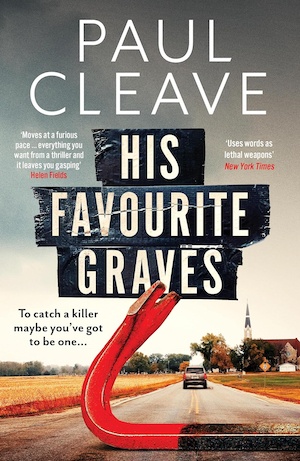When rich women seeking a “migratory divorce” headed west by train to states with more lenient divorce laws in the 1890s—maids, lawyers and multiple wardrobe trunks in tow—they hardly looked like revolutionaries. Yet they started something. Historian April White’s exhaustive account, The Divorce Colony: How Women Revolutionized Marriage and Found Freedom on the American Frontier, captures a game-changing cultural moment during the tumultuous years of the Gilded Age.
In the late 19th century, Sioux Falls, South Dakota, required only a 90-day residency before a woman could file for divorce, making it a magnet for those in more of a hurry to get divorced than other states would allow. In New York, only proof of adultery and (still true today) a year’s residency did the trick; South Carolina allowed nothing to break the sacred marital bond. White’s colorfully detailed work follows four women, their families and their paths out of unsatisfying marriages through the courts of law and public opinion to their fates as divorcées—or wives once more.
Baroness Maggie De Stuers traveled with her private secretary, soon to be her next spouse. Mary Nevins Blaine blamed her mother-in-law, not her inept husband, for her marital woes. Blanche Molineux never wanted to marry in the first place. Flora Bigelow Dodge “wanted something entirely without precedent: ‘a legal and dignified Dakota divorce.’” Reporters followed these women, spying on their luxurious suites in the city’s iconic Cataract House, seeking gossip and scandal. Businesses profited from their deep pockets. Clergy denounced them as threats to all that God had joined together. Judges became suspicious. Lawmakers, from local governments to the White House, wrestled with family values and federal oversight—a struggle that continues today, as different states still choose different rules for divorce and as the challenge of defining and upholding women’s rights goes on.
In White’s hands, this slice of history is as entertaining as it is enlightening.






